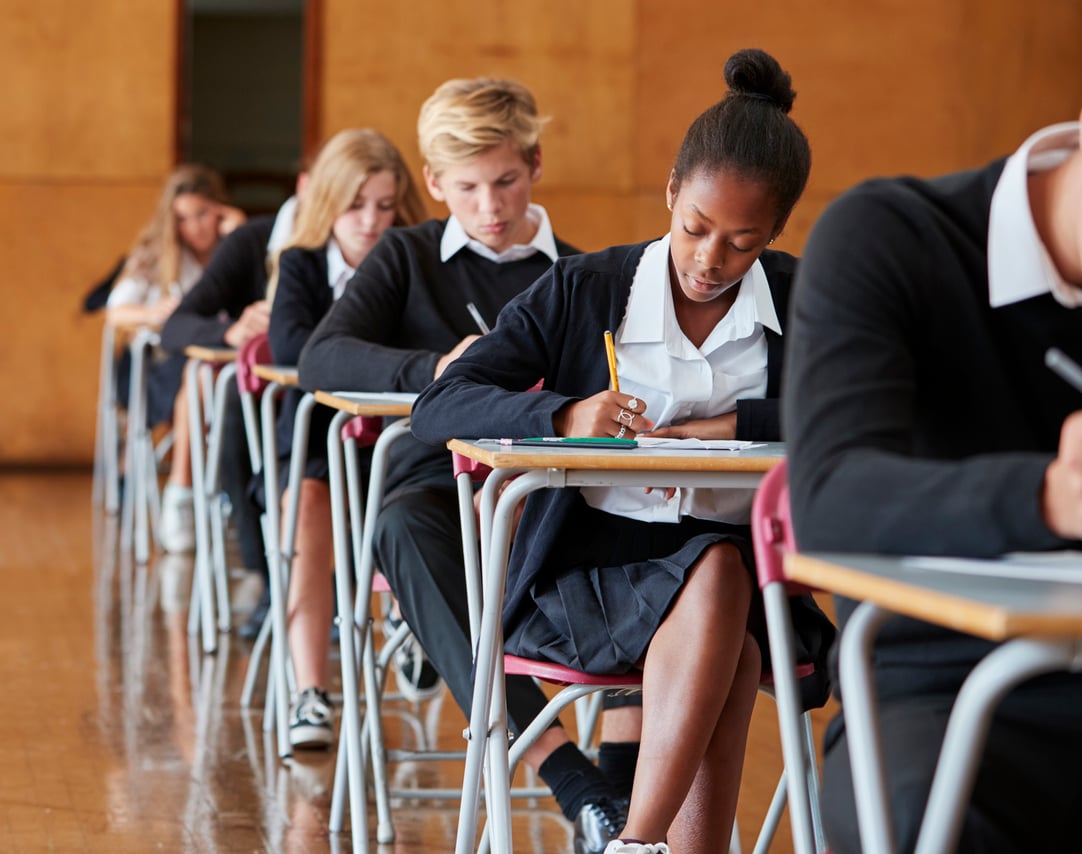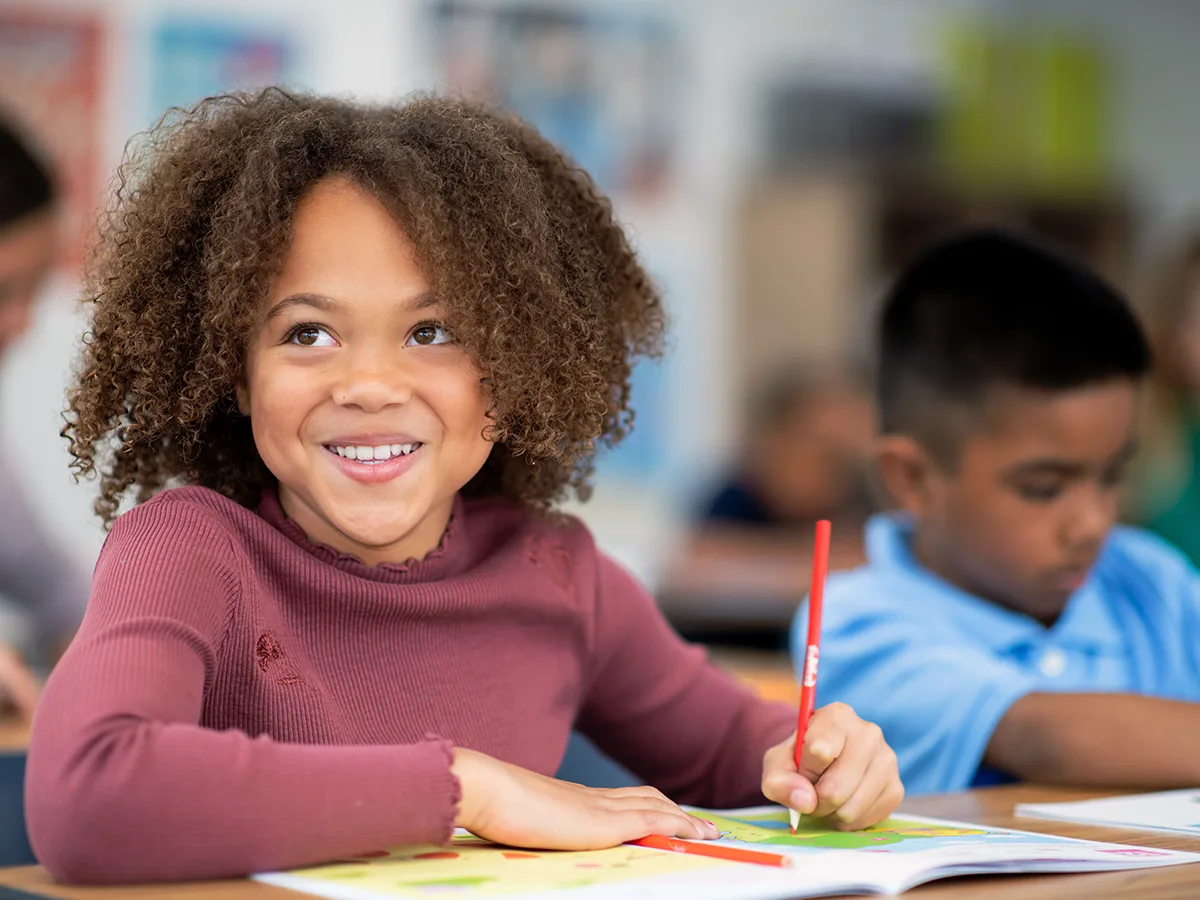Join Us: Events and Initiatives to Save Temecula Schools
Join Us: Events and Initiatives to Save Temecula Schools
Blog Article
Comprehending the Relevance of Schools in Youngster Growth and Area Growth
Schools function as crucial establishments for child advancement and area development, providing atmospheres where scholastic achievements are matched by the cultivation of social abilities and direct exposure to diverse point of views. These instructional setups not only advertise important thinking and reliable communication but also foster empathy through collaborative jobs. Schools' engagement with neighborhood areas via service-learning campaigns enhances the bond in between households and academic organizations. This symbiotic partnership underscores the significance of institutions in nurturing energetic citizenship and long-lasting knowing behaviors. What are the specific systems by which these organizations accomplish such profound effects?
Academic Accomplishment
Academic success functions as a foundation of youngster advancement, offering the structure whereupon future learning and success are constructed. Institutions play an essential function in promoting this scholastic development, offering structured settings where children can get crucial expertise and cognitive abilities. Standard curricula ensure that students gain proficiency in core topics such as mathematics, scientific research, and language arts, which are critical for both college and expert opportunities.
Along with passing on basic scholastic abilities, institutions additionally grow critical reasoning, problem-solving capabilities, and intellectual inquisitiveness. These cognitive competencies are essential for navigating intricate real-world situations and adapting to the ever-evolving demands of the modern workplace. Educators, as facilitators of understanding, utilize diverse pedagogical approaches to accommodate varied understanding styles, consequently maximizing specific student possibility.
Moreover, academic success is very closely linked to self-confidence and motivation. Kids that experience academic achievements are much more likely to establish a favorable self-concept and a long-lasting interest for learning. Colleges additionally supply different sources, such as collections and technology, which even more improve the educational experience and prepare students for a technically innovative society.
Social Skill Advancement
Beyond academic achievement, the role of colleges in social ability development is indispensable. Schools act as a primary location for youngsters to learn and exercise essential social skills such as cooperation, problem, and communication resolution. In the structured environment of a class, trainees connect with peers, instructors, and other school personnel, offering numerous possibilities to develop these vital capabilities.
Efficient social skill development in schools is helped with via team activities, joint tasks, and extracurricular programs. These communications assist students comprehend social norms, develop compassion, and promote a sense of neighborhood. For example, group jobs instruct trainees exactly how to interact towards a typical objective, pay attention to different perspectives, and browse disagreements constructively.

The farming of social skills throughout academic year lays a foundation for future individual and specialist connections. Save Temecula Schools. As students grow, the capacity to efficiently interact and work together ends up being progressively crucial, emphasizing the institution's crucial duty in all natural youngster development
Direct Exposure to Diversity
Direct exposure to diversity in institutions is fundamental to promoting an inclusive frame of mind and widening pupils' perspectives. Schools serve as a microcosm of the more comprehensive society, and experiencing varied societies, languages, and socioeconomic histories within this setting furnishes students with essential skills for navigating an increasingly globalized globe. This direct exposure urges compassion, minimizes bias, and promotes mutual regard amongst peers.
Study suggests that trainees who interact with peers from different histories display better analytic skills and creative thinking. This understanding of variety prepares trainees for future workplaces that worth multicultural competence - Save Temecula Schools.

Neighborhood Involvement
The advantages of varied classrooms webpage extend beyond the school walls, promoting a strong sense of neighborhood interaction amongst pupils. By connecting with peers from different social, socioeconomic, and ethnic histories, trainees obtain a more comprehensive point of view and an admiration for variety. This direct exposure urges them to come to be energetic residents who want to contribute positively to their neighborhoods.
Colleges that stress area engagement often incorporate service-learning projects, which enable trainees to deal with real-world problems while applying scholastic skills. These projects not just boost pupils' understanding of their coursework however likewise infuse a feeling of obligation and empathy. Partnerships between colleges and local companies supply trainees with opportunities to take part in learn this here now neighborhood occasions, further strengthening their function as proactive neighborhood members - Save Temecula Schools.
In addition, parental and community involvement in colleges strengthens the bond between academic organizations and the communities they serve. With these initiatives, institutions play a critical function in supporting area engagement and promoting societal growth.
Lifelong Discovering Behaviors
Developing lifelong learning practices is crucial for a child's continuous growth and versatility in an ever-changing globe. Schools play a critical function in instilling these routines by creating an environment that fosters interest, vital reasoning, and a love for understanding. With varied educational programs and extracurricular tasks, teachers motivate trainees to check out various subjects, evaluate information critically, and apply their finding out to real-world scenarios.

Moreover, schools provide an organized atmosphere where kids can create self-discipline and time administration abilities, both of which are vital for constant knowing. By stressing the significance of setting objectives, mirroring on progression, and adjusting techniques, academic establishments prepare students to browse the intricacies of grown-up life, guaranteeing they remain lifelong learners and contributors to culture.
Conclusion
In final thought, institutions are essential in promoting child advancement and neighborhood development by giving settings conducive to scholastic success, social ability development, and exposure to diversity. Via collective jobs and communications, institutions improve essential thinking, empathy, and communication skills. Community engagement initiatives even more reinforce the bond between local neighborhoods and instructional establishments. Inevitably, institutions cultivate lifelong discovering routines, furnishing individuals with the required understanding and skills to add positively to society.
In the organized environment of a class, students engage with peers, instructors, and other institution team, providing numerous chances to establish these critical capabilities.
In significance, direct exposure to diversity within institutions not only improves specific trainees however additionally strengthens the social textile of the community as a whole.
The benefits of varied classrooms prolong past the school wall surfaces, promoting a solid feeling of community interaction news amongst pupils.Colleges that emphasize community interaction frequently integrate service-learning projects, which allow students to attend to real-world troubles while using academic skills. Partnerships between schools and regional companies give pupils with opportunities to take part in area events, even more solidifying their function as positive area participants.
Report this page